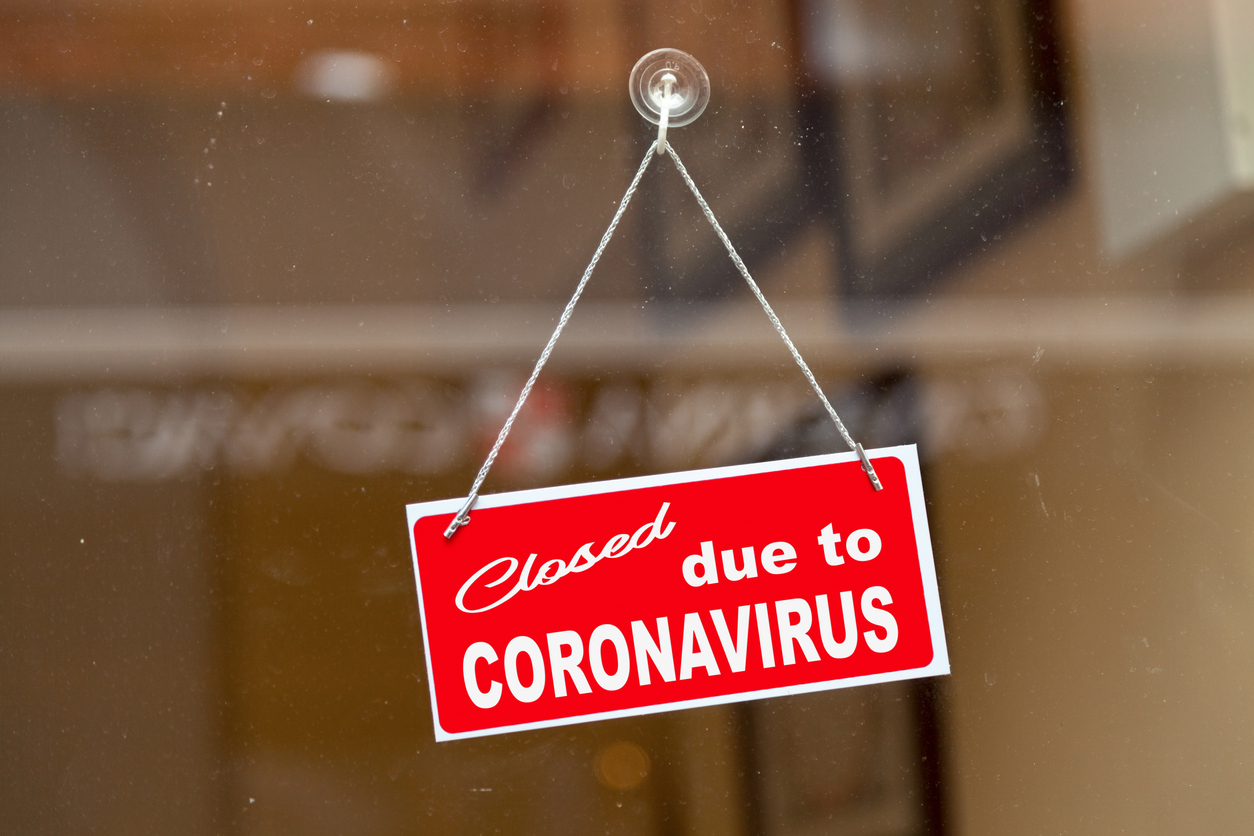State Farm Mutual Automobile Insurance Company is the parent of the State Farm family of companies. It is listed as the 35th largest company in the Fortune 500. Big companies sometimes have big problems. State Farm had a one billion dollar judgement problem that now may be a seven billion dollar problem.
Corporate Counsel reported on State Farm’s current big problem:
The policyholders who sued State Farm Mutual Automobile Insurance Co. and its in-house counsel for racketeering have cleared a major hurdle after a federal appeals court denied State Farm’s petition to block the class action.
The appellate judges…also ordered to be released several documents that had been under seal, including an expert’s 145-page report that tracks a multimillion-dollar money trail at the heart of the racketeering charge. The trail traces the dark money from the company through various groups and then allegedly into the campaign of a state Supreme Court justice who eventually ruled in State Farm’s favor on a billion-dollar case.
In denying to hear State Farm’s appeal of class action certification,..the Seventh Circuit returned the case…to proceed with trial.
In Is Justice for Sale in Illinois, Corporate Counsel gave a little history to State Farm’s predicament:
It started as an everyday lawsuit by some policyholders unhappy with their insurance company for choosing cheap repair parts. But the case turned anything but ordinary. First it grew into a nationwide class action, encompassing 4.7 million customers and a billion-dollar verdict. Then it expanded into a 20-year litigation nightmare for State Farm Mutual Automobile Insurance Co. and one of its in-house counsel.
For a fight that started over a few thousand dollars’ worth of car parts, so much more is now at stake. The policyholders’ latest suit alleges violations of the Racketeer Influenced and Corrupt Organizations Act (RICO). And it accuses State Farm, its in-house counsel and a co-conspirator of manipulating the election of an Illinois Supreme Court justice.
If the policyholders win, they could collect treble damages plus interest—some experts say that it could amount to more than $7 billion. And, if they win, they could have a significant impact on whether corporations can continue to use so-called dark money to influence elections. (Emphasis added)
The expert witness report shows through documents the extent many companies, especially State Farm, spend to influence our beliefs, laws and judges which impact our justice system. They often do it silently through shell organizations. The expert report should be read by everybody with a concern for our country, how we select our leaders and how we select or elect our judges. Here is the conclusion from that report:
The results of my research and analysis in this matter overwhelmingly support the allegation that Defendants played a critical, albeit clandestine, part in nearly every facet of Justice Karmeier’s Campaign. There is considerable factual material to indicate that State Farm performed a major role in selecting Justice Karmeier as a candidate, managing his campaign, and providing it with robust financial support. Despite this, State Farm was so confident that it had hidden its extensive involvement in the Karmeier campaign that it brazenly remonstrated to the Illinois Supreme Court, “State Farm, itself, made no contribution to the campaign.”
My analysis of the record strongly supports the Plaintiffs’ allegation that State Farm solicited cooperation from the Affiliated Organizations in order to accomplish its objective. The evidence strongly indicates that such participants took State Farm’s undisclosed contributions and converted them into campaign dollars for Justice Karmeier. It does not appear to be a coincidence that State Farm enlisted the Affiliated Organizations because they could convert ostensibly random dues and contributions from State Farm into solid campaign dollars for Justice Karmeier, without disclosing State Farm’s involvement.
My review of the record establishes that the relevant evidence regarding State Farm’s support for Justice Karmeier’s campaign, the money trail of transactions between State Farm and other organizations supporting the Karmeier campaign, and State Farm’s concealment and misleading statements regarding its support for the Karmeier campaign, is in fact common to all members of the proposed class.
Even though State Farm was heavily invested in maintaining a low profile in the election campaign of Justice Karmeier, its pattern of activity and robust interaction with the Affiliated Organizations supports the assertion that State Farm was a prime contributor and supporter in electing Justice Karmeier to the Illinois Supreme Court bench. Based on my examination of the record, and as discussed herein, State Farm dramatically understated its involvement with the Karmeier campaign, and concealed material information in the representations it made to the Illinois Supreme Court through its 2005 and 2011 filings.
The results of my analysis…also affirm my opinion that Defendants enlisted the Affiliated Organizations in order to disguise their role in supporting, both financially and otherwise, the campaign to elect Justice Karmeier to the Illinois Supreme Court. (Emphasis added)
State Farm has denied all these allegations. It will have an opportunity to defend itself and respond to these allegations in Federal Court. I will post on future developments of Hale v State Farm Mutual Automobile Insurance Company,1 because this is a significant case showing how the largest personal lines carrier in the United States manages its big legal problems.
Positive Thought For The Day
“Keep your face to the sunshine and you cannot see a shadow”
—Helen Keller
1 Hale v. State Farm Mut. Auto. Ins. Co., No. 12-0660 (S.D. Ill. Class Action complaint filed May 29, 2012).



